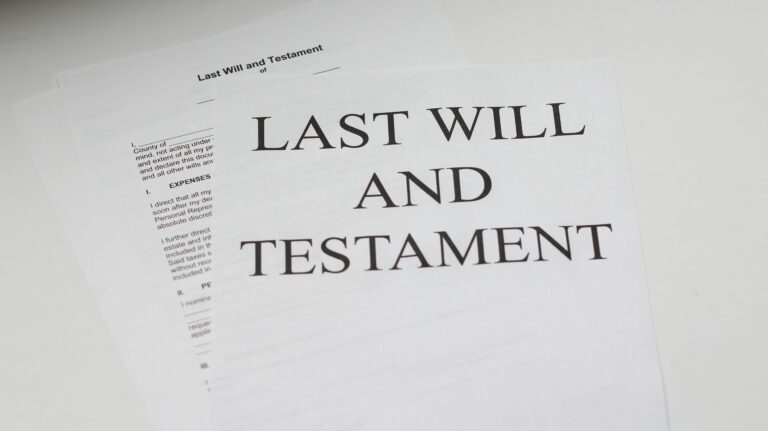
Does Your Estate Plan Consider the Needs of a Disabled Beneficiary?
Estate planning addresses all kinds of events in life, and planning for a disabled beneficiary, even someone who has been well all their lives, should be considered when creating an estate plan for your family with an estate planning attorney. What one needs to do is different in every situation, according to a recent article, “Some estate plans need provisions for disabled beneficiaries,” from The News-Enterprise.
For families with a long-term disabled individual, one course is to create a Third-Party Supplemental Needs Trust, sometimes referred to simply as a Special Needs Trust or SNT. This is a type of trust meeting the needs of most disabled individuals. It is used to hold property for a disabled person’s benefit without the assets in the trust being treated like their own, maintaining their eligibility for government means-tested benefits.
SNTs are effective even after the disabled beneficiary’s death. Created correctly, they can be used to receive the beneficiary’s inheritance. Because the inheritance is never owned by the beneficiary, there is no payback to the state after the person has died. The assets remaining in the trust are then paid to the beneficiaries.
Supplemental Needs Trusts may hold a variety of assets. They are often used to hold liquid assets like investment, checking and savings accounts. However, they may also hold real estate, business interests and retirement accounts.
When planning for disabled beneficiaries, each asset should be considered to see if it should be left in trust or outright for the disabled beneficiary. Even exempt assets, like a house, are better left in trust than owned outright. There is a payback provision of the beneficiary’s owned assets after their death, while assets owned by a third party—the trust—are exempt from the payback.
Assets to be placed in SNTs need to be carefully considered with the help of an experienced estate planning attorney. For instance, retirement accounts technically may be in the trust. However, they are “tax-heavy,” and requirements concerning beneficiary distributions are complicated.
By including a Supplemental Needs Trust designed to become effective only if the beneficiary needs it at the time of distribution, you can protect the beneficiary if it becomes necessary.
People often run into trouble because they fail to imagine life’s many different circumstances. Even if you don’t think there will be any disabled beneficiaries, discuss a contingency plan with your estate planning attorney. It’s at least worth having the conversation and could make a big difference for you and your loved ones.
Reference: The News Enterprise (March 22, 2025) “Some estate plans need provisions for disabled beneficiaries”


